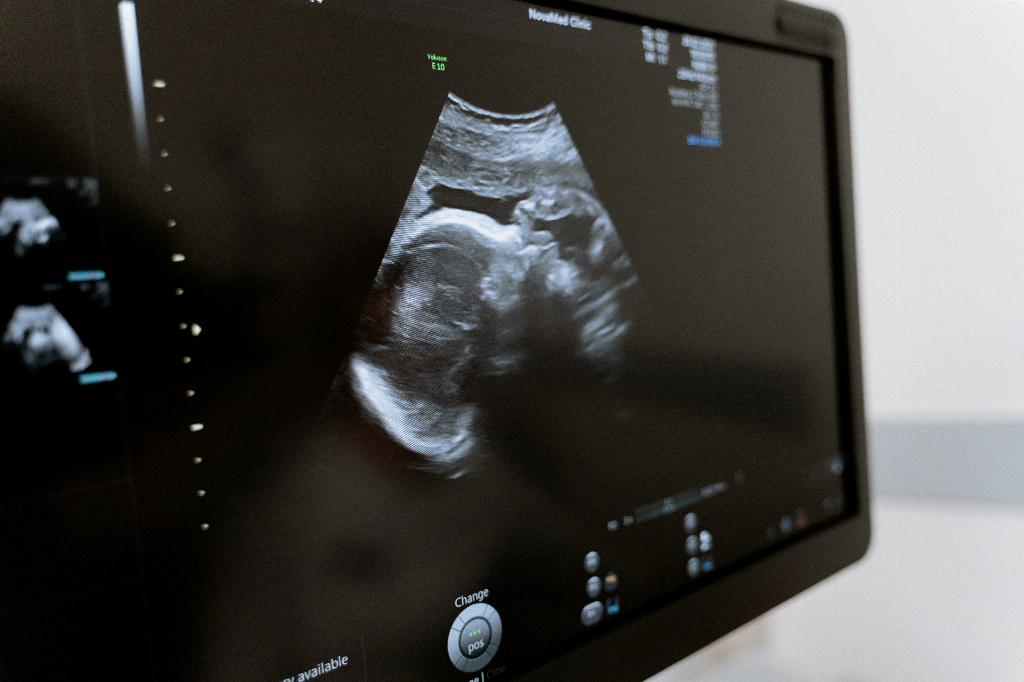When you’re 3 weeks pregnant, the journey of pregnancy has just begun. At this early stage, it’s possible to experience cramping, which can be a common occurrence for some women. Understanding why these cramps happen can provide reassurance and guidance during this delicate time.
The Implantation Process
During week 3 of pregnancy, the fertilized egg travels through the fallopian tube and implants itself into the uterine lining. This process, known as implantation, can sometimes cause mild cramping and spotting. These cramps are usually less intense than menstrual cramps and may be accompanied by light bleeding or spotting.
Hormonal Changes
As your body adjusts to the presence of a growing embryo, hormonal changes occur rapidly. The hormone progesterone, which plays a crucial role in maintaining a healthy pregnancy, increases significantly during early pregnancy. These hormonal shifts can also contribute to cramping sensations as your uterus begins to prepare for the developing fetus.
Uterine Growth
At 3 weeks pregnant, your uterus is already undergoing changes to accommodate the growing embryo. This growth process can sometimes cause stretching and mild discomfort, leading to the sensation of cramps. It’s important to remember that these changes are normal and are a sign that your body is adapting to support the pregnancy.
Individual Variations
Every woman’s body is unique, and the experience of cramping at 3 weeks pregnant can vary from person to person. While some women may not feel any cramps at all, others may experience mild to moderate discomfort. It’s essential to listen to your body and communicate any concerns with your healthcare provider.
When to Seek Medical Advice
If you experience severe cramping, intense pain, or heavy bleeding at 3 weeks pregnant, it’s crucial to contact your healthcare provider immediately. These symptoms could signal a potential complication that requires prompt medical attention. Trust your instincts and prioritize your health and well-being.
Self-Care Tips
To alleviate mild cramping at 3 weeks pregnant, consider practicing relaxation techniques such as deep breathing or gentle stretches. Staying hydrated, getting an adequate amount of rest, and maintaining a balanced diet can also support your body during this early stage of pregnancy. Remember to follow your healthcare provider’s recommendations for prenatal care.
Emotional Support
Pregnancy is not only a physical journey but also an emotional one. It’s normal to feel a range of emotions, including excitement, anxiety, and uncertainty. Surround yourself with a supportive network of family and friends who can offer encouragement and understanding as you navigate the early stages of pregnancy.
Monitoring Your Symptoms
Keeping track of your symptoms, including cramping, can provide valuable insights into your pregnancy journey. Consider maintaining a journal or using a pregnancy tracking app to record any changes or discomfort you may be experiencing. This information can assist your healthcare provider in assessing your overall health.
Educating Yourself
Empower yourself with knowledge about pregnancy and childbirth by seeking reliable sources of information. Discuss any questions or concerns you have with your healthcare provider, who can offer guidance and support throughout your prenatal care. Education is key to feeling confident and prepared for the months ahead.
Final Thoughts
In conclusion, experiencing cramping at 3 weeks pregnant can be a normal part of the early stages of pregnancy. By understanding the reasons behind these cramps and monitoring your symptoms closely, you can navigate this time with greater awareness and peace of mind. Remember to prioritize self-care, seek medical advice if needed, and embrace the journey ahead with positivity and resilience.

